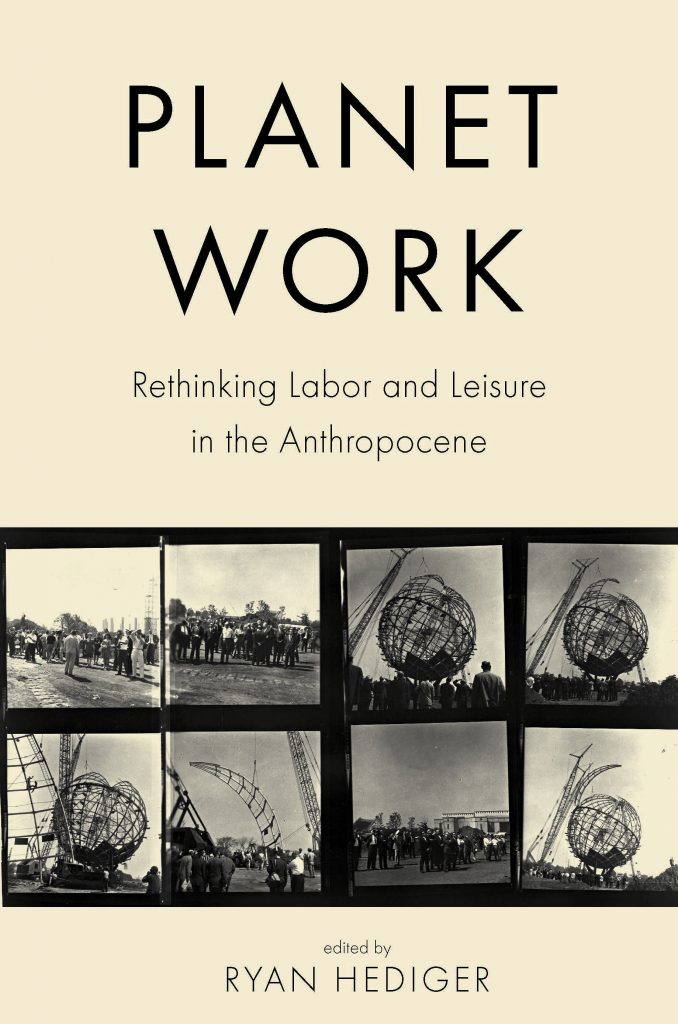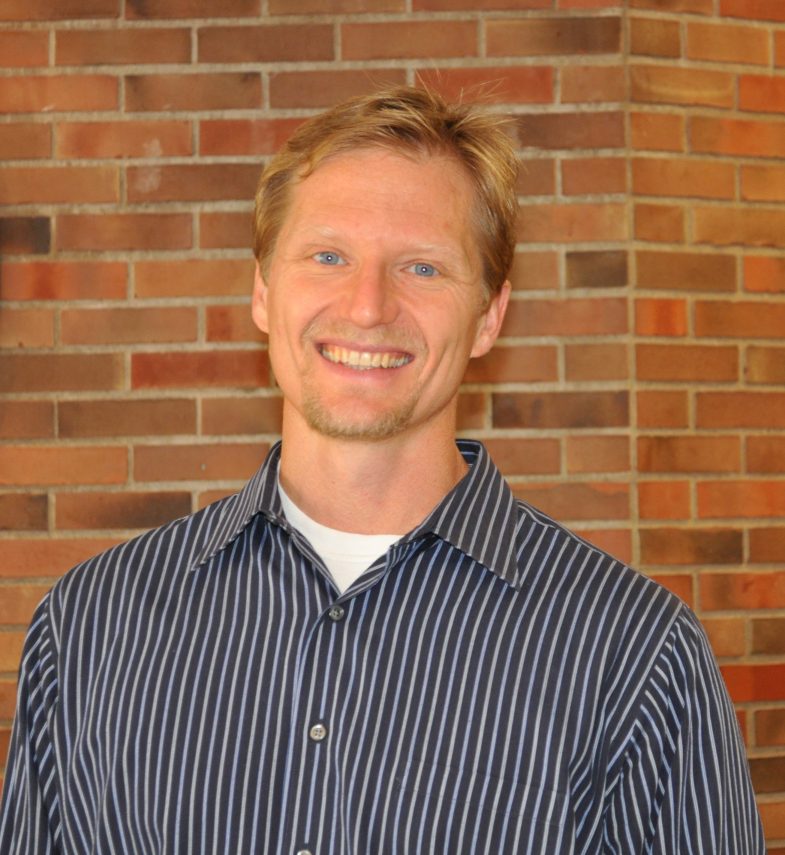Guest post by Ryan Hediger
Get up, go to work. It seems as inevitable and natural as sunrise. This simple directive orients much of our lives, both directly and indirectly, informing our notions of education, morality, and community. From youth to retirement, our lives are periodized by what journalist Derek Thompson, writing in The Atlantic, calls “workism,” a synonym for workaholism but with a broader scope that includes larger cultural values and orientations. We may grumble about workism, but most of us tend to accept it. Should we?

In Planet Work: Rethinking Labor and Leisure in the Anthropocene, the contributors and I make the case that this seemingly closed question—Life is organized around work. Full stop.—should be re-opened. The fact that this suggestion seems shocking is itself telling, especially because it is surprisingly easy to find alternative values alongside our workist ones, values that cross regional and political boundaries, values that, if better nourished, could go a long way toward improving our communities, reviving our petrified, polarized political culture, and re-orienting our relationship with the Earth and the rest of its creatures.
We suggest that, while there is much to admire about contemporary working habits, they also have serious drawbacks, ones that we should question. In particular, as my young son asked me as I neared the final stages of editing this book, “Why is everyone working all the time?” This is an entirely serious question. Why? Certainly, some measure of work makes sense, but how much? And for what ends? What are we working for?
Too often, the answer is that we work to transform the Earth and its features into commodities, hurting ourselves and the planet in the process. We ourselves are taken up by that same logic of transformation and commodification. From an early age, we require our children to obey the rigors of scheduling and internalize the need for eternal productivity. We fight nature, our own and the world’s. We change ourselves into productive units of the larger economy, but few of us ever face a meaningful choice about that. It just seems to be the way things are.
In other words, without any real deliberation, we surrender most of our waking time and most of the meaningful choices about life’s purpose. Is that how democracy should work? We tend to exercise choice merely around the edges, in terms of what we buy in our limited “free” time or where we spend our week or two of vacation, failing to register that we have traded away the other fifty weeks of every year. We give our lives to productivity. For what? For whom? Despite these rigorous norms, much of the work we do is not at all necessary. Workism is an accident of a particular history, one we can begin to grasp by reading anthropologist James Suzman’s compelling 2021 book Work.
Once we take a step back to think, it is abundantly clear that we also hold many other values that could orient our actions and cultures otherwise. Caring for family, friends, neighborhoods, animals, wild species—these are not controversial values. They are fundamental values, even “traditional” values on the right, left, and center. Enjoying time itself, something many of us can do only infrequently, say toward the end of a vacation, when we finally unwind, or on a particularly good Friday night—who doesn’t want that? Isn’t it possible and desirable to shift our emphasis at least a few degrees away from familiar, labor-centered productivity toward caring, community, and enjoyment? Why not use the accumulated efforts, intelligence, and sweat across generations of human striving to pursue more caring lives and a bit more leisure and fun, instead of driving workism and inequality ever onward?
Many say, we can’t! We can’t afford it! But of course, we can. It is a choice, though one often operating out of sight, it’s true. Many places—countries, firms, communities—are already doing it. Some businesses have experimented with four-day work weeks and found that employees can get as much done and are much happier. Recent articles in the popular media have even suggested that a three-day work week makes sense in light of such experiments. And we know that different cultures insist on maintaining cultural traditions, though it means less ostensible productivity. While too many Americans (myself included, all too often, alas!) sit at our desks working through lunch, in other countries such as France or Spain, workers insist on making meals an essential and pleasurable part of the day. These are important examples worth emulating in the United States, but they should also raise bigger questions.
We should spend more time deliberating about larger purposes in life. In a United States ostensibly organized around freedom, why don’t we advocate for more . . . freedom? As many scholars have pointed out, there is a fundamental contradiction between, say, the freedoms articulated in the U.S. Constitution’s Bill of Rights and the need to surrender those very freedoms when we enter the workplace. We could strike a better compromise between these values, and previous generations of Americans often sought to do precisely that. Indeed, as I show in the introduction to Planet Work, the vast majority of the history of our species has not been organized around labor. And despite common perceptions, those pre-modern humans generally did not have poor, miserable lives. Instead, they often lived in a bounty of time with a robust understanding of place, with an openness and flexibility many of us would love to have more of today. It’s entirely possible. We don’t even have to surrender accumulated human achievements in medicine, the arts, science, and so on. We have them already; we could do more to use them well and enjoy them.
Reduced working hours could produce not only more efficient workplaces, they could also nourish stronger families and communities. We could open our sense of kinship to include the plants and animals and landscapes that surround us, and even those that are distant, since we depend on all of them. Those with children could have more time not only to help them learn, but to remind them—and learn from them!—how to enjoy time. Those without children or aged parents or friends in need of care certainly can find new things to do with their time.
Admittedly, and perhaps surprisingly, such cultural reorientations are not automatic or easy; it is hard to rethink a selfhood built around maximizing labor productivity. I know this well, as someone who has worked as hard as possible for most of my life. Yet, precisely because of that, I feel the need for a reorientation more sharply. Think about it. Don’t you feel that too? Let us put our heads together and think more about our purposes here on Earth. Let us care more, enjoy more, and perhaps produce less. Or, anyway, let’s at least do more to talk about it.
Ryan Hediger is professor of English at Kent State University. He is the editor of Planet Work: Rethinking Labor and Leisure in the Anthropocene.
